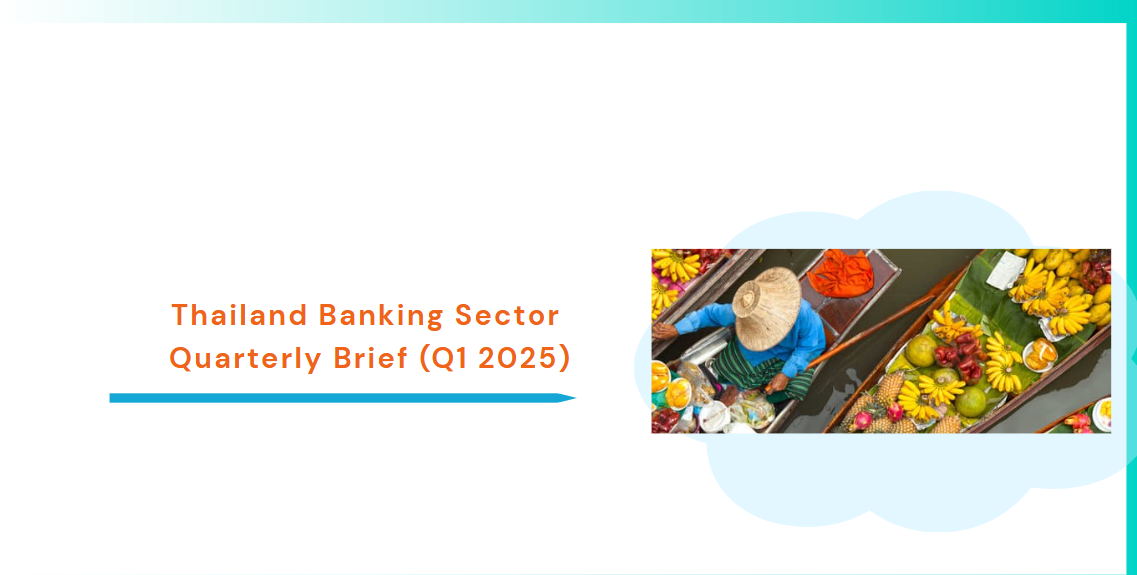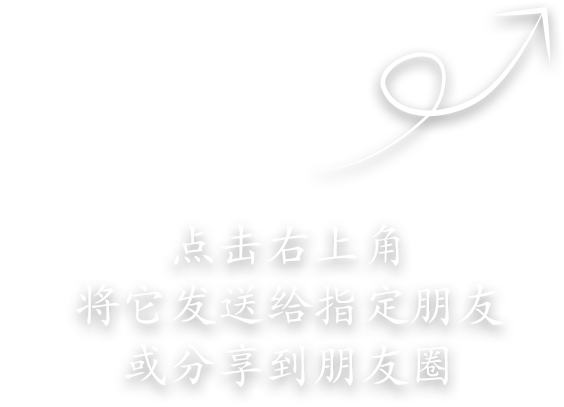Publication of Thailand Taxonomy Phase 2
The Thailand Taxonomy Board (the “Board”), comprising representatives from the Department of Climate Change and Environment (DCCE), the Bank of Thailand (BOT), the Securities and Exchange Commission (SEC), the Stock Exchange of Thailand (SET), and other relevant stakeholders from both public and private sectors (as listed in Annex), has jointly developed the Thailand Taxonomy Phase 2 .
The Thailand Taxonomy Phase 2 covers the agriculture, construction and real estate, manufacturing, and waste management sectors, which are considered high greenhouse gas-emitting sectors. This phase is a continuation of Phase 1, which focused on the energy and transportation sectors. The development of Phase 2 involved stakeholder consultations that began in February 2024, followed by a public consultation from October 28, 2024, to January 10, 2025.
Throughout the consultation, the Board received valuable comments and suggestions from various stakeholders, including government agencies, private sector, civil society, academia, and international organizations. Most of the feedbacks agreed in principles, with some offering suggestions—such as incorporating additional environmental standards or certification schemes, as well as practices suitable for the Thai context in each economic sector. These inputs were carefully considered and integrated in the final Thailand Taxonomy Phase 2,
which can be downloaded from May 27, 2025 onwards via the websites of DCCE, BOT, SEC, and SET, and other Board members. Other access channels will be announced in the future.
In addition, the Board will co-organize a seminar on “Thailand Taxonomy 2.0: Driving the Thai Economy towards sustainability” on May 27, 2025, from 1.30 – 4.00 p.m.. This seminar aims to promote the understanding of the concept and the use of Thailand Taxonomy as
a reference tool for defining and classifying environmentally sustainable activities. The event will be livestreamed via the official Facebook pages of DCCE, BOT, SEC, and SET.
Last but not least, the Board would like to express sincere appreciation for all comments and suggestions, and hopes that stakeholders will adopt the Thailand Taxonomy as a reference tool for developing environmental policies and strategies, as well as for considering financing opportunities and effectively managing environmental and climate-related opportunities and risks. This will help support the smooth and timely transition of the Thai economy toward environmentally sustainability in line with global developments.





















































First, please LoginComment After ~